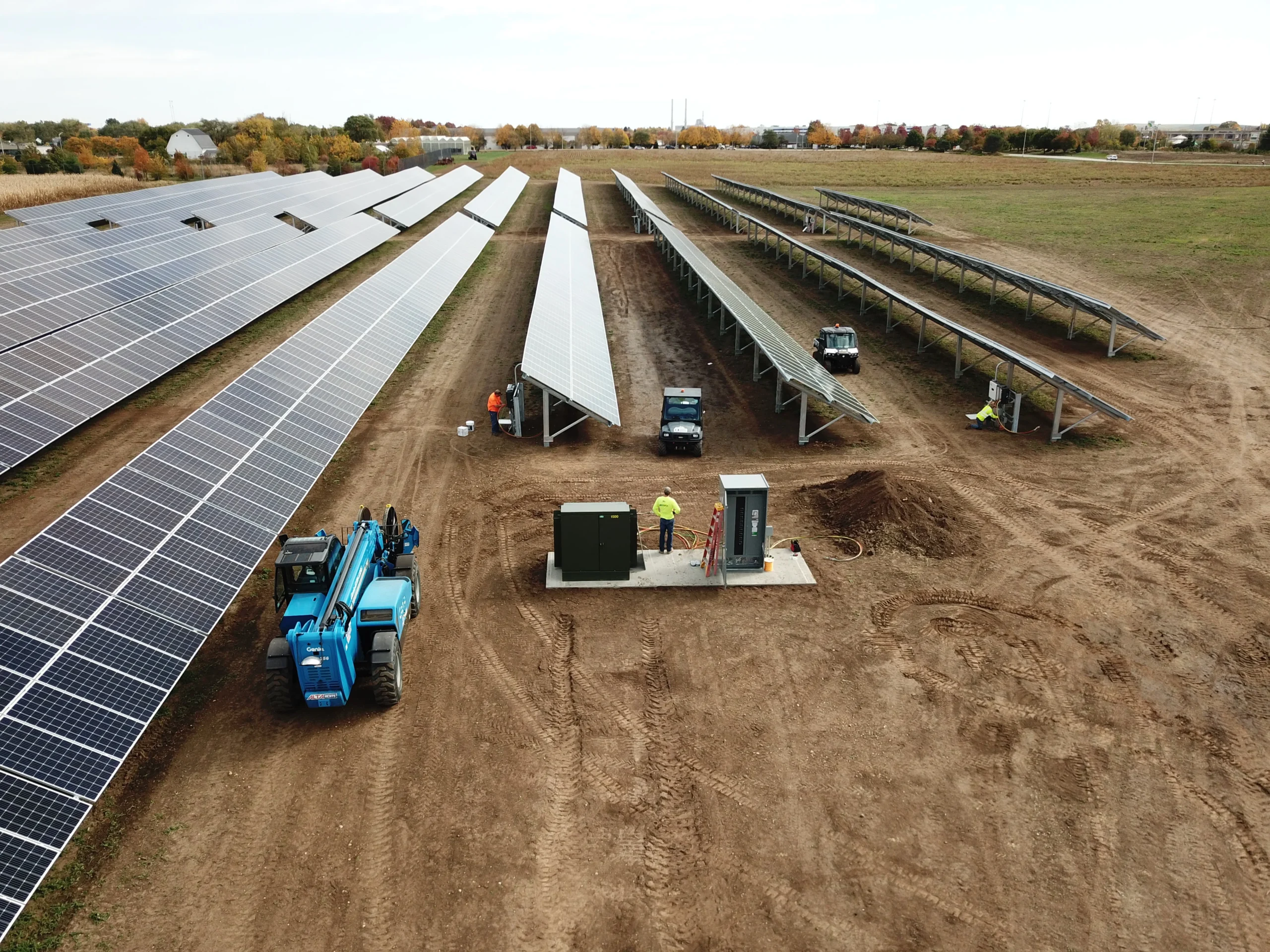You know the drill—the world needs to reach net-zero carbon emissions by 2050 to avoid catastrophic climate change. But how are we actually going to get there? The major oil and gas companies have dominated the energy industry for decades, but they’re now facing an existential crisis. The fuels they’ve profited from are precisely the ones that are overheating our planet. Can these massive companies pivot quickly enough to renewables and transform into energy companies of the future? Or will they cling to fossil fuels for too long and fade into irrelevance?
Guascor energy says The coming decades will determine the fate of these corporations that have shaped our world. Do they have the vision and agility to overhaul their business models, infrastructure, and workforces to align with the realities of a decarbonized economy? Can they shed the practices that led to their past success and forge a new path? The clock is ticking, the world is watching, and there’s too much at stake for half measures. The race to net-zero emissions is on.
Challenges Facing Oil and Gas Companies in Adopting Renewables
Big Oil has dominated the energy industry for over a century, but the move to renewable energy could leave them behind. To stay relevant, oil and gas giants need to make major investments in solar and wind. The question is, can they pivot fast enough?
Transitioning to renewables won’t be easy for these massive companies. They’ll have to overhaul their business models and learn new skills. Many renewable energy projects also require lots of upfront capital to build solar and wind farms. While oil companies have deep pockets, their investors expect profits from fossil fuels.
Still, some major players are making the switch. BP aims to cut oil and gas production 40% by 2030 and invest $5 billion annually in renewables. Shell is investing heavily in offshore wind farms, and Total purchased a controlling stake in a major solar panel maker.
Partnerships and acquisitions of existing renewable energy companies are helping big oil catch up. But there’s no time to waste. As countries adopt ambitious climate goals, the market for oil will shrink. Those companies that diversify into solar and wind will be best poised to thrive in a low-carbon future.
The renewable transition is happening, with or without big oil. But with their huge scale and resources, these companies could help accelerate the shift to clean energy, if they start sprinting toward net-zero emissions now. The planet needs every business onboard if we’re going to build a sustainable energy system and avoid the worst climate change scenarios scientists warn about.
Case Studies: How Energy Giants Like BP and Shell Are Embracing Clean Energy
The transition to renewables won’t be easy for oil and gas companies. They face significant challenges, including:
Infrastructure and Technology
Oil and gas companies have spent decades building infrastructure and honing technologies suited to extracting and processing hydrocarbons. They can’t just flip a switch to pivot to solar and wind. They’ll need to make massive investments in new equipment, facilities, and expertise. Many of their assets may become worthless, forcing them to take huge write-downs.
Business Model Disruption
The current business model of oil and gas companies revolves around locating, extracting, and selling fossil fuels. Renewables operate on a very different model based on generating and delivering electricity or biofuels and bioproducts. This will require a major overhaul of operations, partnerships, and revenue streams. Some companies may struggle to adapt.
Workforce Retraining
Oil and gas companies have employed engineers, technicians, and others with skills finely tuned to the fossil fuel industry. Retraining these workers for renewables won’t be a simple or quick process and will likely face resistance. Rebuilding a workforce for a new energy era will take time, money, and a culture shift.
The obstacles are daunting but not insurmountable. With strong leadership, investment, and a willingness to transform, oil and gas companies can make the transition to renewables and play an important role in achieving a net-zero future. The question is whether they can pivot fast enough. The clock is ticking.


